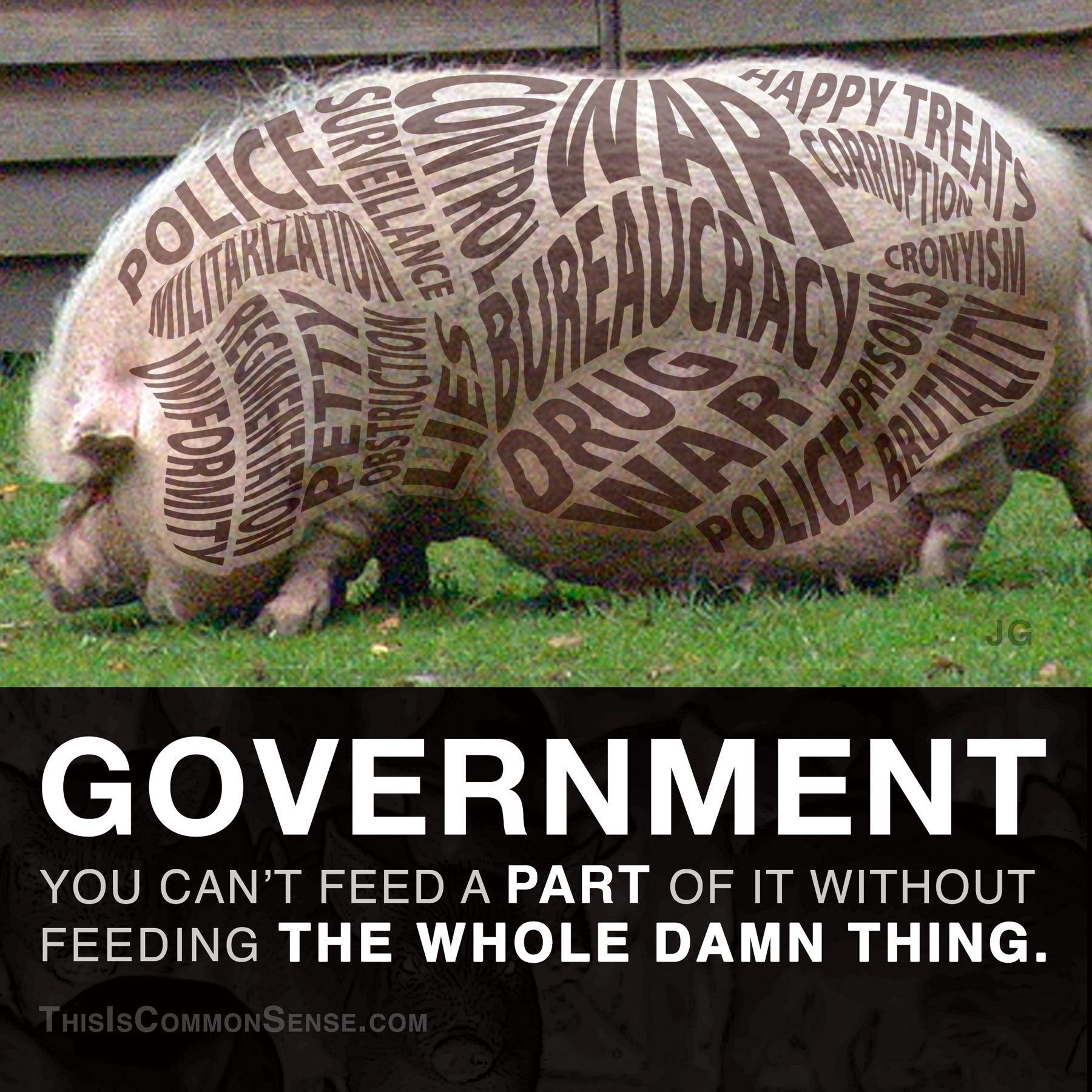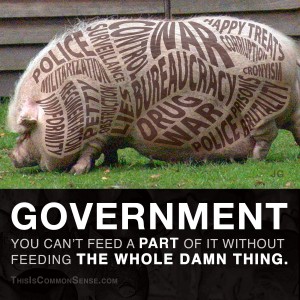Yesterday, an Onion title caught my attention: “Hooded Members of Congress Drown Another Love Child in the Potomac to Prevent Affair from Getting Out.” This is not funny because it is true, but because it is so close to the truth. Too close for comfort.
A similar story, the day before, sported a title so sublime that you do not really need to read further: “Al Franken Tearfully Announces Intention To Step Down From Role As Harasser Of Women.” The week before that, another satire gave us this extravaganza: “Paul Ryan Announces New Congress Sexual Harassment Training Will Create Safe Work Atmosphere, Plausible Deniability.”
But sex scandals are easy. If The Onion were seriously in the satire biz, the farcical-on-the-surface nonsense of the Consumer Financial Protection Bureau brouhaha that I wrote about on Tuesday would get incisive treatment as well.
My advice to Onion writers? Don’t go halfway into the problem, like David A. Graham does in The Atlantic: “The Fight Over the CFPB Reveals the Broken State of American Politics.” Sure, that’s true. But concluding that “neither party sees the political process as effective in resolving these basic issues is worrying” hardly goes far enough, and the next line — “the fact that they might both be right is worse still” — shies from the full extent of the predicament.
The Constitution was designed to avoid problems like the CFPB nonsense. Start there. Something like this comes close: “Politicians Shocked, Shocked to Discover That an Un-Constitutional, Partisan Bureau Becomes Subject to Constitutional Dispute Along Partisan Lines.”
I have confidence that, if The Onion went there, it’d be funnier.
Even without a sex angle.
This is Common Sense. I’m Paul Jacob.











